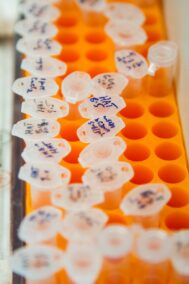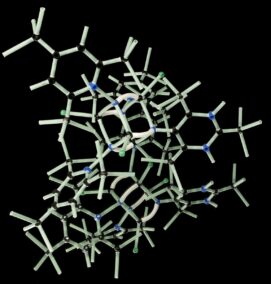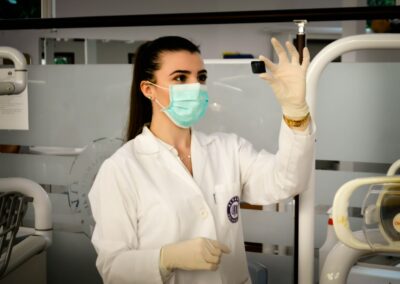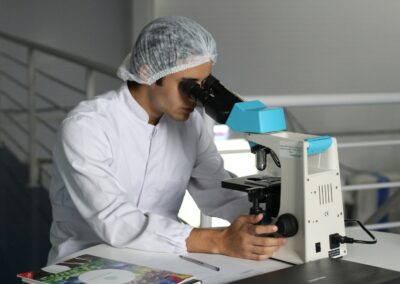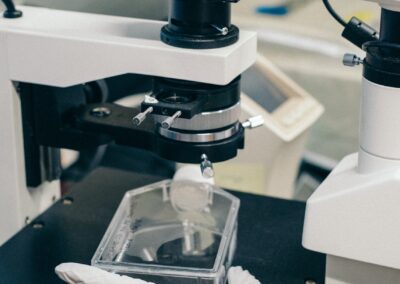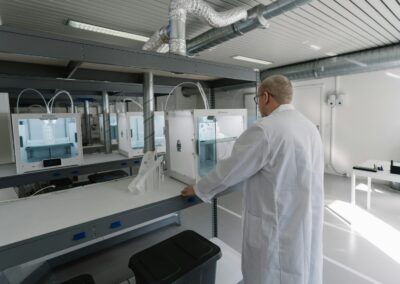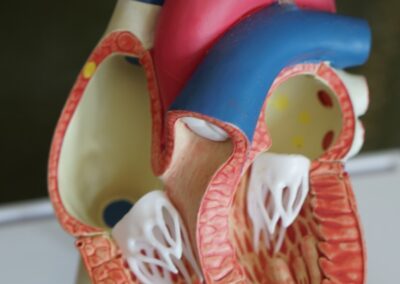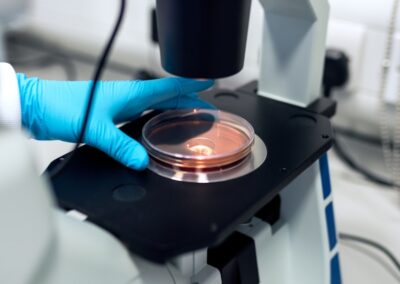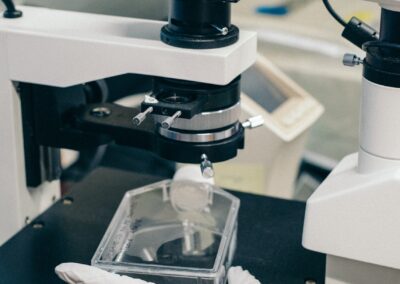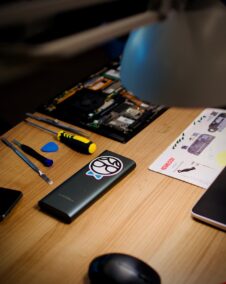Exploring the Potential of CRISPR for Regenerative Medicine in Riyadh and Dubai
CRISPR in regenerative medicine is a groundbreaking application that promises to revolutionize tissue repair and organ regeneration. In Riyadh and Dubai, these advancements are driving significant transformations in healthcare and biotechnology sectors. By enabling precise genetic modifications, CRISPR technology can facilitate the repair and regeneration of damaged tissues and organs, offering new hope for treating various conditions.
One of the most promising applications of CRISPR in regenerative medicine is its ability to repair genetic defects that cause tissue damage. By precisely editing the DNA of affected cells, scientists can correct mutations that lead to conditions such as muscular dystrophy, cystic fibrosis, and heart disease. In Saudi Arabia and the UAE, where healthcare innovation is a strategic priority, the application of CRISPR technology is enabling the development of advanced therapies that enhance patient outcomes and reduce long-term healthcare costs. These advancements represent valuable investments for both public and private sectors.
Moreover, CRISPR technology can be used to promote the regeneration of damaged tissues by activating or deactivating specific genes involved in tissue repair processes. For example, by editing genes that regulate stem cell differentiation, researchers can enhance the body’s natural ability to repair tissues following injury or disease. This capability is particularly important for conditions such as spinal cord injuries, traumatic brain injuries, and degenerative diseases. For healthcare providers in Riyadh and Dubai, investing in CRISPR-based regenerative therapies can lead to more effective treatments, attracting more patients and increasing market share. For business leaders, this translates into enhanced service offerings and a stronger competitive position.
Organ Regeneration: The Future of CRISPR
Beyond tissue repair, CRISPR holds immense potential for organ regeneration, a field that could transform the future of medicine. By using CRISPR to modify stem cells, scientists can generate functional organ tissues that can be used for transplantation. This approach addresses the critical shortage of donor organs and reduces the risk of transplant rejection. In Saudi Arabia and the UAE, where organ transplantation programs are expanding, the application of CRISPR technology in organ regeneration offers a promising solution to meet the growing demand for organ transplants.
Furthermore, CRISPR technology can be employed to create bioengineered organs tailored to individual patients. By using a patient’s own cells to generate organ tissues, researchers can produce personalized organs that are less likely to be rejected by the immune system. This capability is particularly important for conditions such as liver disease, kidney failure, and diabetes. For healthcare providers in Riyadh and Dubai, offering personalized organ regeneration therapies can lead to better treatment outcomes, higher patient satisfaction, and increased market share.
The integration of Artificial Intelligence (AI) and Blockchain technologies further enhances the potential of CRISPR in regenerative medicine. In Dubai and Riyadh, AI is utilized to analyze vast amounts of genetic data, identifying patterns and generating predictive models. AI-driven algorithms can process complex datasets at unprecedented speeds, uncovering insights that would be impossible for humans to detect. This capability is crucial for optimizing CRISPR-based regenerative therapies, ensuring their safety and efficacy.
Leadership and Management Skills for Integrating Advanced Technologies
Effective leadership and management are crucial for successfully integrating CRISPR technologies into business practices. Leaders in Riyadh and Dubai must possess a deep understanding of these advanced technologies and their potential impacts on their industries. Executive coaching services can provide the necessary support for leaders to develop strategic visions, enhance their decision-making abilities, and effectively communicate with their teams. These skills are essential for navigating the complexities of technology integration and driving successful business transformations.
Change management is a critical component of integrating CRISPR technologies into business operations. Implementing new technologies often requires significant adjustments in processes and workflows. Effective communication and strong project management skills are essential for guiding teams through these changes smoothly. Leaders must be adept at explaining the benefits of CRISPR technologies and addressing any concerns or resistance from employees.
Management consulting services can also play a vital role in the integration of CRISPR technologies. Consultants can provide expert advice on best practices, identify potential challenges, and offer strategies for overcoming them. By leveraging consulting expertise, businesses can optimize their CRISPR initiatives, ensuring they are implemented efficiently and effectively. This approach not only mitigates risks but also maximizes the benefits of integrating these advanced technologies into business operations, driving innovation and growth in Saudi Arabia and the UAE.
#CRISPR #RegenerativeMedicine #TissueRepair #OrganRegeneration #AI #Blockchain #Leadership #ManagementSkills #ProjectManagement #SaudiArabia #UAE #BusinessSuccess



